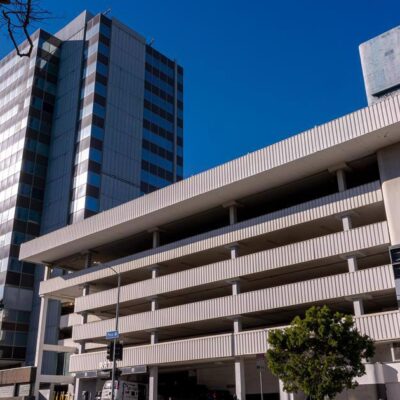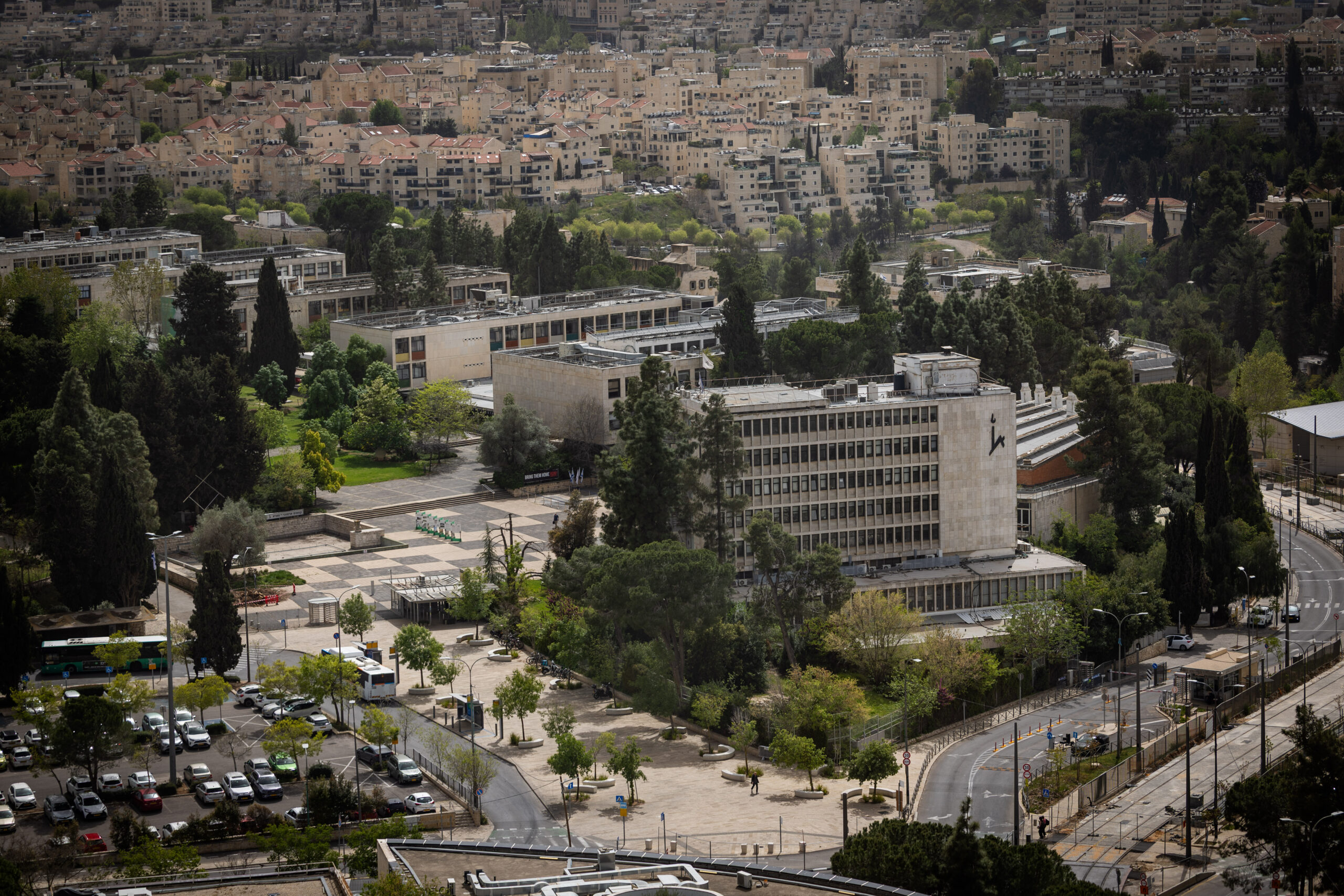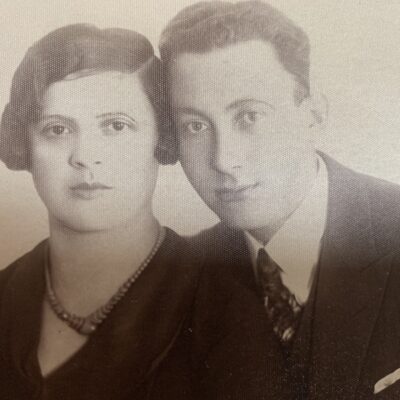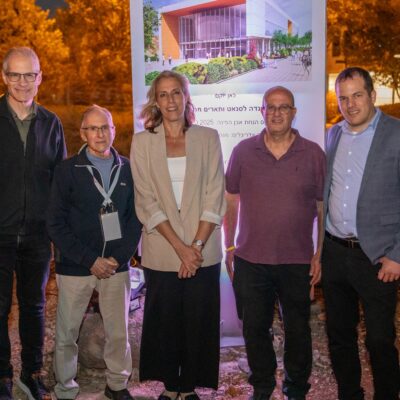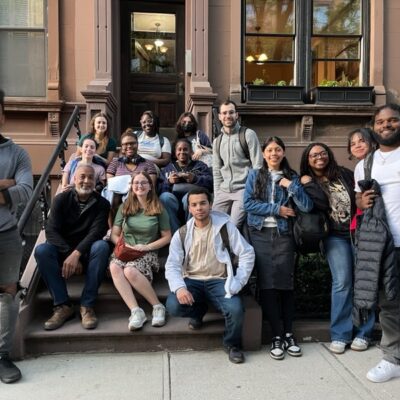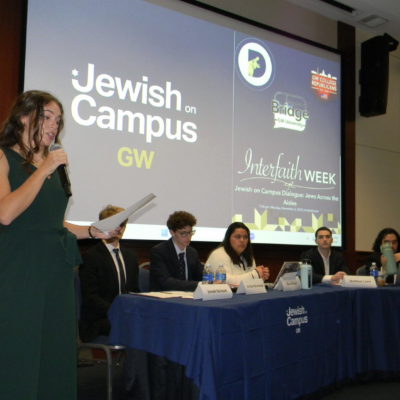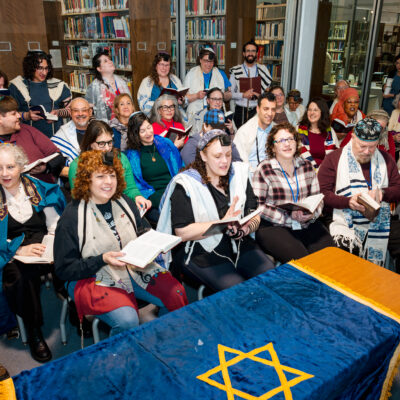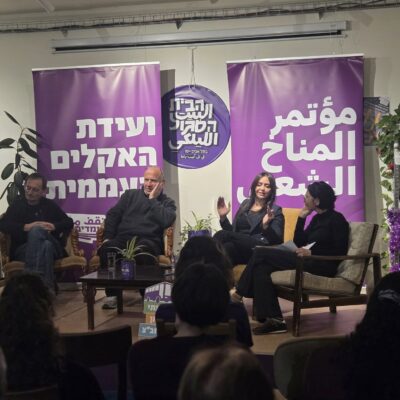Opinion
LIFE SUPPORT
Israel’s at-risk teens are even more vulnerable since Oct. 7
In Short
Hopeless, helpless and bored, thousands of at-risk teens desperately need support.
One month before the first anniversary of Oct. 7, mental health professionals from across Israel gathered in Tel Aviv at the Enosh Mental Health 2024 Conference. Enosh is Israel’s largest mental health association and provides rehabilitative support to over 16,700 people with psychosocial challenges annually. At the conference, Israel’s Health Minister Uriel Buso reported that Israel is “experiencing the largest mental health event that the state has known since its establishment.”
As the regional director of OU Israel Teen Centers in northern Israel, I have developed meaningful relationships with the at-risk teens with whom I interact daily. One year since that horrific October day, the trauma and anguish these teens continue to experience is painfully apparent.

Illustrative. Motortion/Getty Images
For 25 years, OU Israel Teen Centers have served as non-judgmental second homes for over 10,000 at-risk Israeli teens annually. They come from disadvantaged communities in northern and southern Israel such as Akko, Yaffo, Kiryat Gat, Sderot, Nahariya and Kiryat Shmona, among others. Our centers offer youth a chance to decompress, connect with their peers and dedicated advisors, participate in stimulating, growth-oriented activities, focus on their emotional and spiritual health and acquire crucial life skills and connections that will enable them to contribute to the State of Israel as adults.
Today, many OU Israel Teen Center chanichim (students) lived through the Oct. 7 atrocities firsthand. Others have spent days taking refuge in bomb shelters. Many are feeling the ongoing stress of their parents’ unemployment. And least 80% of our chanichim have had family members fighting in the IDF since Oct. 7.
Stripped of their friends, routines and sense of security, thousands of displaced teens are living indefinitely in apartments and hotels in hundreds of places nationwide, some crowded into a single room with family members. Evacuees are living a transient life with constant uncertainty about tomorrow — and the potential to be kicked out of their current locations at any time.
Displaced teens feel disposable. And I know exactly how they feel.
My wife and I, along with our five young children, aged 1 through 10, fled our beloved community in Kiryat Shmona in northern Israel on Oct. 9 due to threats from Hezbollah. Our first stop was a Jerusalem hotel, where we crammed our lives and paraphernalia into two hotel rooms for a couple of weeks. (We were fortunate that our stay was brief relative to those living in hotels for months on end; still, having experienced the tight quarters and total lack of privacy firsthand, my heart goes out to them.) We then moved to an apartment in the center of town, gifted to us, rent-free, by a generous Anglo couple. After a number of months, we relocated to our current Jerusalem apartment, where we are once again trying to settle in. We have no idea when, or even if, we will ever be able to return home.
Adapting to new surroundings and a new community is challenging for anyone, but all the more so when moving there was not part of your master plan. Thankfully, our children are young and malleable enough to withstand the challenges of starting fresh at a new school with new friends. For the teens at our teen centers, by contrast, being uprooted from their childhood peers and schools has been terribly destabilizing — to the point that many are actually refusing to attend schools in their temporary neighborhoods. Their distraught parents often beg me to convince their children to change their minds and give their new schools a try. What can I say to a 16-year-old who is mourning the loss of the life she once loved?
With zero framework to ground them, our youth are also dangerously bored. Many sleep all day and wander the streets all night, where they are exposed to and engage in illicit activities like underage drinking and drug use.
All of this makes the roles of OU Israel Teen Centers so critical during this unprecedented national crisis. Despite the nationwide dispersal as a result of the war, our staff have diligently maintained connections with and programming for our displaced teens, who view our bonds and the frameworks we provide as literal lifelines. Through in-person meetings, fun activities, day trips, weeklong summer camps throughout the country, phone calls, WhatsApp groups and daily hotel visits, OU Israel staff bring a bit of hope, joy and constancy to at-risk youth whose days would otherwise be overshadowed by despair. Most of all, our presence and continuous care underscore to our struggling teens that they are not, and never will be, alone.
Additionally, OU Israel Teen Centers continue to serve as an emblem of a brighter future for thousands of prospective young leaders who have been given a second chance at a path to success, thanks to their dedicated advisors. For instance: Avitar joined our OU Israel Teen Center in Kiryat Shmona as a hyperactive ninth grader with low self-esteem and dwindling faith in a school system that had all but given up on him. With our encouragement and support, Avitar pursued his dream of joining the Israeli Security Agency (ISA). He now works as a security guard in a local prison, with plans to advance professionally over time. Years after he completed high school, Avitar and I still get together, and I am overjoyed by this fine young man’s accomplishments.
While I cannot predict when or if we will ever return to our cherished lives before this terrible calamity, I know unequivocally that our connections with the teens we serve will always remain strong. OU Israel recently launched the Promise Us Tomorrow Campaign to repair 11 teen centers damaged by the war, secure all 22 branches, move four shelter-based branches to permanent locations and construct new centers in Ofakim and Netivot. With the help and generosity of others, teens will be able to count on OU Israel Teen Centers for continued support, regardless of life’s uncertainties and the painful times in which we live.
Refael Salab is regional director of OU Israel’s teen centers in northern Israel.

 Add EJP on Google
Add EJP on Google